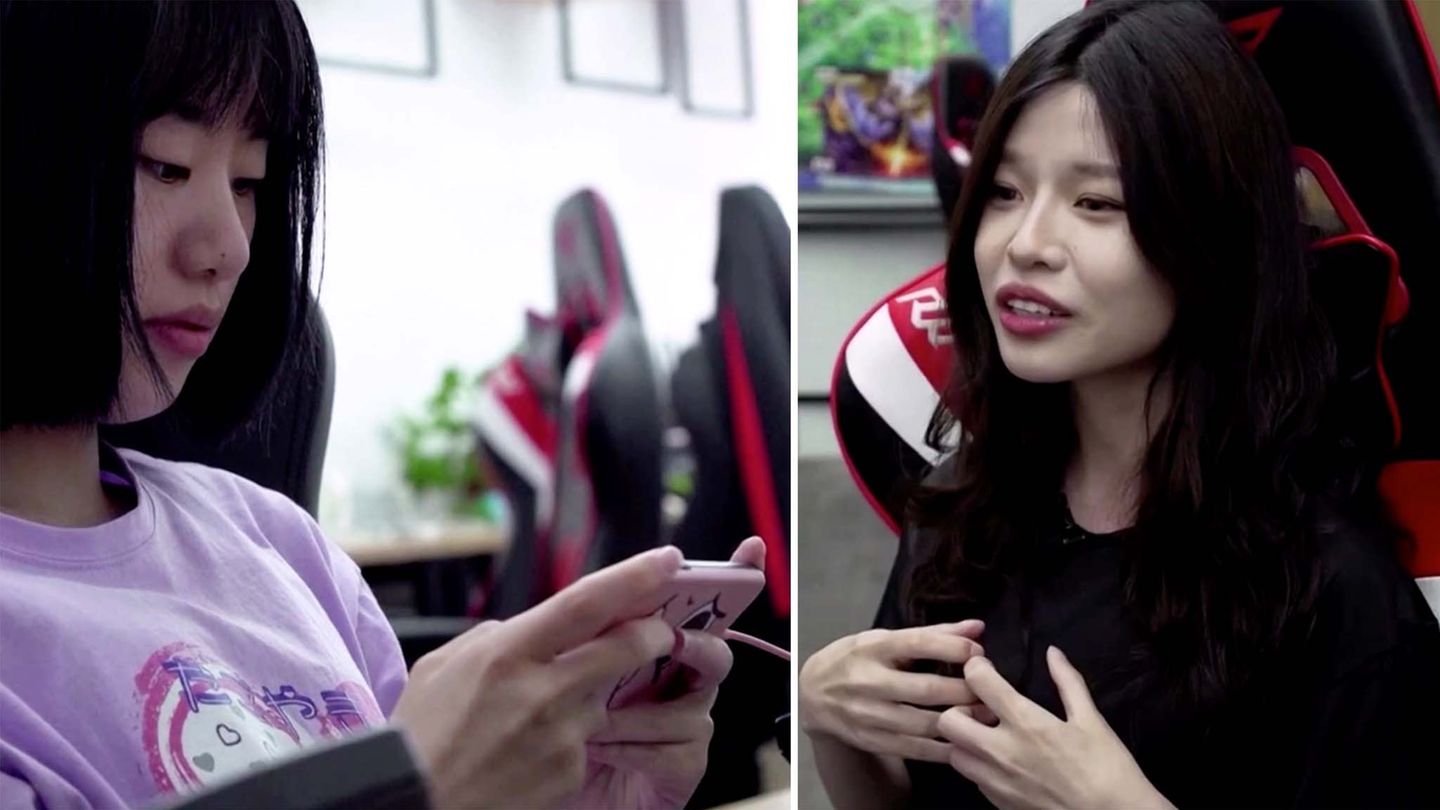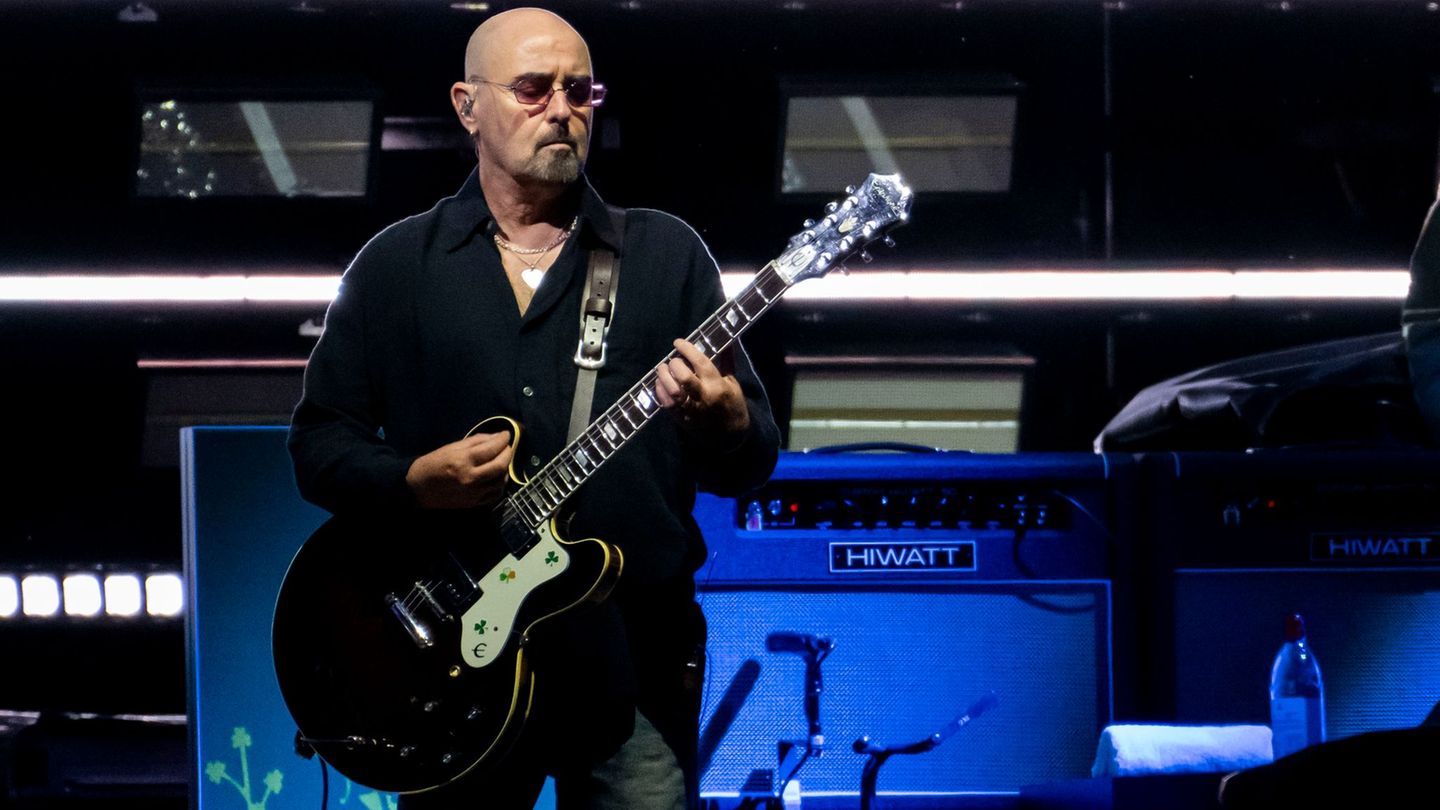The members of the Shanghai-based e-sports club Rogue Warriors seem to be tapping endlessly on their cell phones in glass conference rooms. Here in China you train from 11 a.m. until late at night, with occasional breaks to eat. With an estimated more than 5,000 teams, China is the world’s largest market for e-sports, i.e. the sporting competition with computer games. The Chinese government has now announced that it wants to curb gambling addiction. Therefore, new, stricter rules have been issued. That, in turn, should at least make careers like Zhang Kaifeng’s more difficult. 19-year-old professional gamer Zhang Kaifeng estimates that he spends 15 hours a day professionally playing a certain online battle arena game. He says the long hours are necessary to stay competitive. “I insist on playing professionally because I want to get more recognition from people. Whether it is my personal recognition or recognition of my career, it is a kind of motivation for me because we will try very hard to become a professional player and we will sacrifice much of our free time to improve. ” The changes made many Chinese teenagers shake their heads. The new rules oblige game providers to limit online games for under 18s to three hours a week. Even before the changes, minors were limited to 1.5 hours on weekdays and three hours on weekends. The coach of the local women’s team, the 27-year-old former player LIU LINGMING, says about the motivation of her work: “The most important thing for me is the feeling of winning, especially when you beat a few people and get stronger every day think what excites me the most is that I learn from wins and losses and rely on team performance and teamwork to make progress every day. ” Top e-athletes are typically spotted in their teens and retire by their mid-20s. Experts compare the intensity of their training with that of Olympic gymnasts or that of divers. In the USA, in San Francisco, the esports expert Alexandeer Champlin said about the latest developments in China: Original sound: “I think that on the one hand we will see the most committed players, the people who are on the one hand or otherwise esports celebrities will continue to find ways to either circumvent these regulations or use them pragmatically in order to continue pursuing careers in gaming, but I think that has the potential to increase cultural significance e-sports and competitive gaming at the grassroots level. Last but not least, the new rules would also call into question the big business with e-sports in China, where tournaments are often played in stadiums worth billions and broadcast via live stream.
David William is a talented author who has made a name for himself in the world of writing. He is a professional author who writes on a wide range of topics, from general interest to opinion news. David is currently working as a writer at 24 hours worlds where he brings his unique perspective and in-depth research to his articles, making them both informative and engaging.




